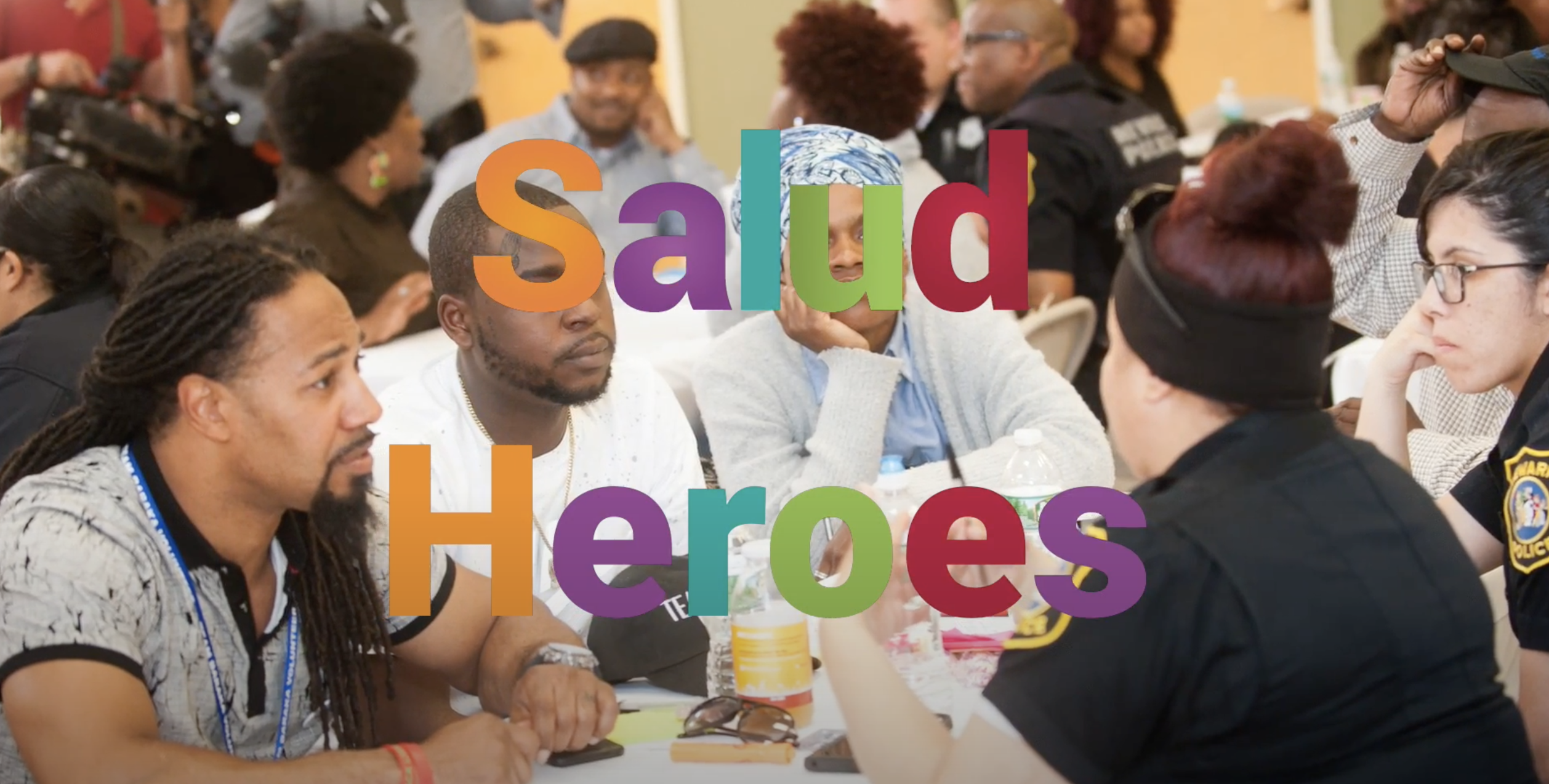Law Enforcement may be the most stressful job there is.

According to statistics, one out of every 15 police officers will experience depression at some point. The risk of suicide is 54 percent greater than US workers in general. And PTSD is five times more prevalent than in the general population.
In addition, studies have shown that those in the justice system have very high rates of childhood trauma, or Adverse Childhood Experiences (ACEs). There’s a common adage that “hurt people hurt people.” Our detention facilities and probation rolls are packed with highly traumatized individuals in need of trauma-informed care and supports.

 Being trauma-informed is key to avoiding escalation.
Being trauma-informed is key to avoiding escalation.

